Trapping versus poison
Posted on 21st February 2024 at 13:43
Professional pest control done the right way
My old man tried to impart wisdom into me when I was a kid, and one thing he was fond of saying was if a jobs worth doing, then it’s worth doing well, and that saying stuck with me. Its true, if you’re going to the time and trouble to do something, then make sure that you give it your best go, otherwise apart from any other people involved, you’re only wasting your own time.
So with that little introduction, what has any of that got to do with pest control? To be honest, plenty, because if you’ve ever had the bad luck to have or had rats or mice in your home, then this sentiment will probably resonate with you. You want professional pest control with the end result that the rodents are gone and then gone for good, but how do you know exactly what professional pest control looks like?
Never be afraid to question your pest controller on what they intend to do
As with all things that you know little about, its wise to ask a few questions to get an idea of the problem and the likely solution because if you have rats or mice – you really want a solution to the problem. So, what questions should you think about asking?
The first question to ask is quite simple and that’s “What is it”? That question is a great place to start because knowing exactly which rodent pest you’ve got will go some way to answering the final question that you may ask. But between the first and last questions, there are a few more to ask, one of these maybe something like “How many of them are up there”?
I get asked a lot of questions but usually the last question I hear is “How are they getting in”? This is the killer question, and the most important one that you could ask, but its alright asking questions, it’s the answers that come back which is the important part.
This is where the approach to pest control is important, because if its being done correctly, then you should get the feedback that allows you to answer any questions that the customer asks, and this is a case of the use of traps versus just the use of rodenticide.
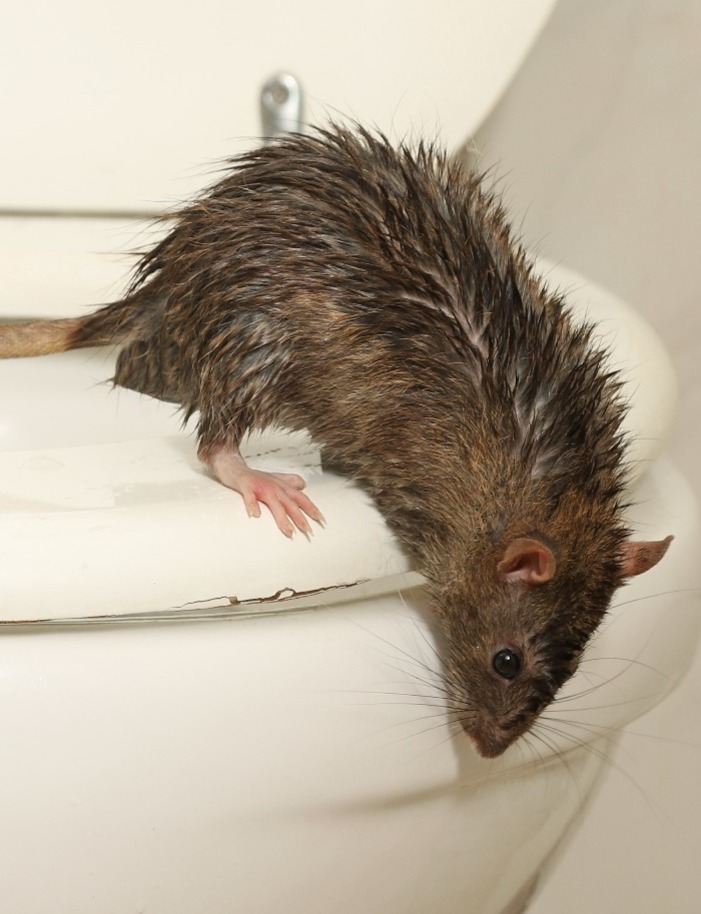
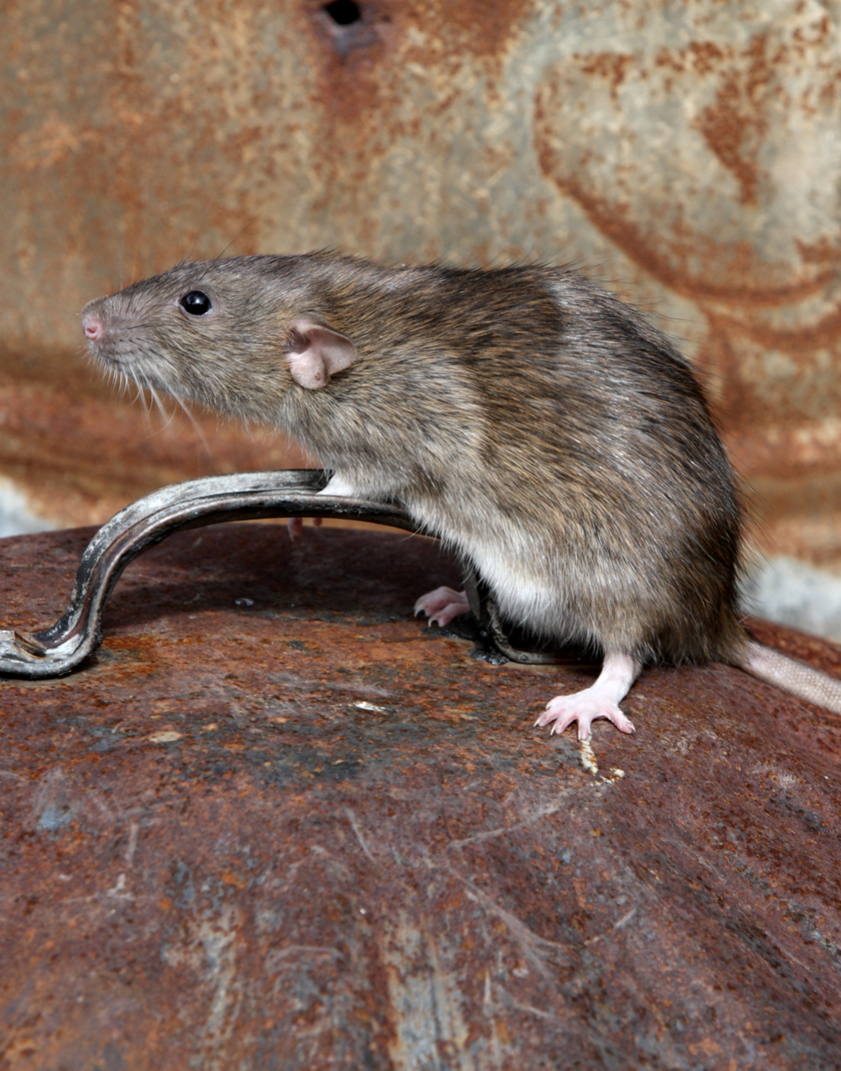
If a jobs worth doing, its worth doing well
Let’s go back to the idea of doing a job properly and doing it well, this blog explains the difference between a pest controller going all out to get you absolutely 100% pest free and the other guy, the one who just wants to do a couple of visits, throw some rodenticide down and then end up wasting everyone’s time.
As a homeowner or business owner with a rodent problem, you want it sorted and you want a solution to last for good which is why you’re asking these questions. As the pest controller who’s turned up on your doorstep, I can’t answer all of those questions immediately.
I can answer them given time, because with the use of traps and the combination of coloured tracking dusts, I can follow the animals through your building to explain how the problem has arisen, how bad it is and what we need to do to prevent this from occurring again in six months’ time.
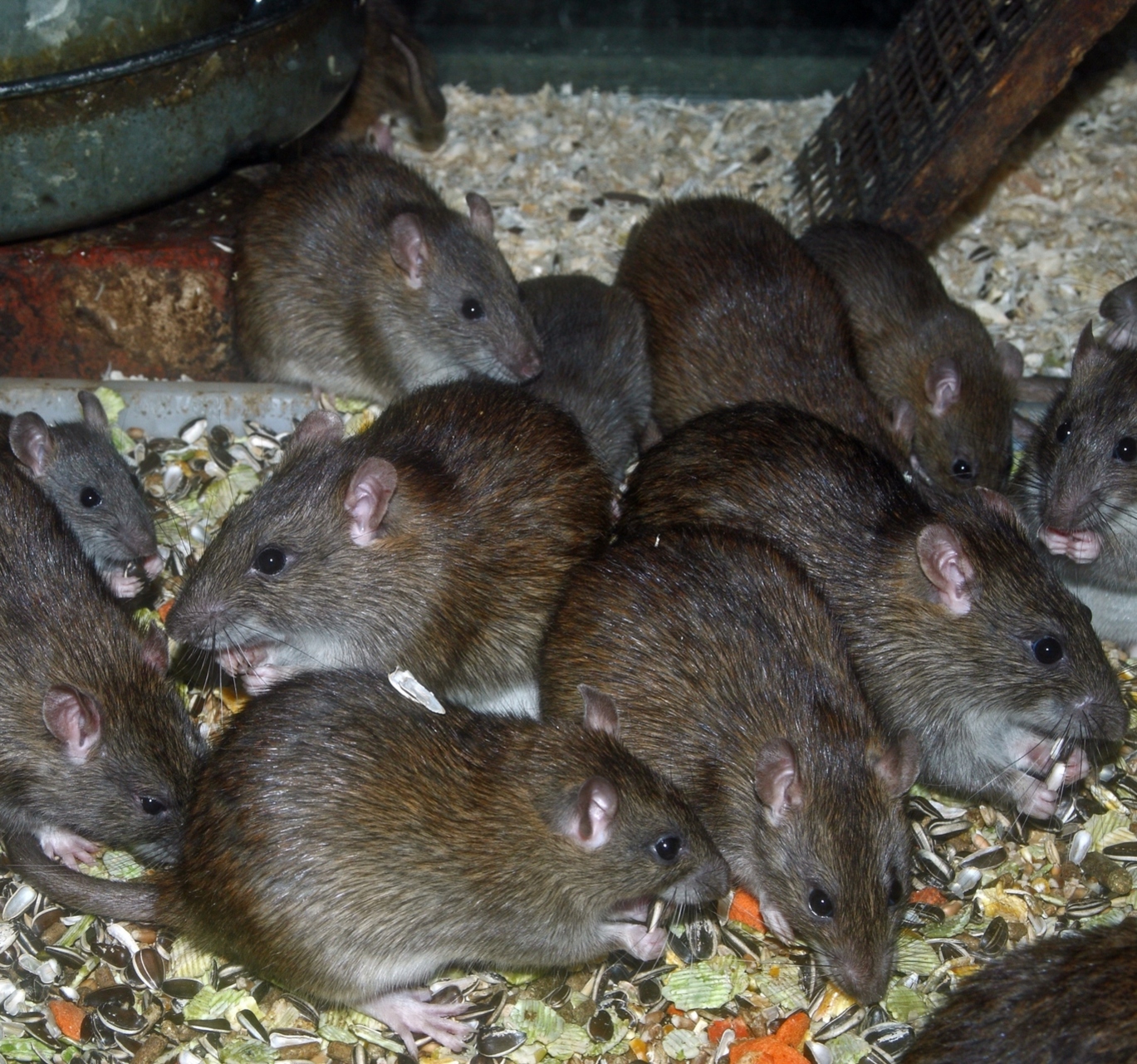
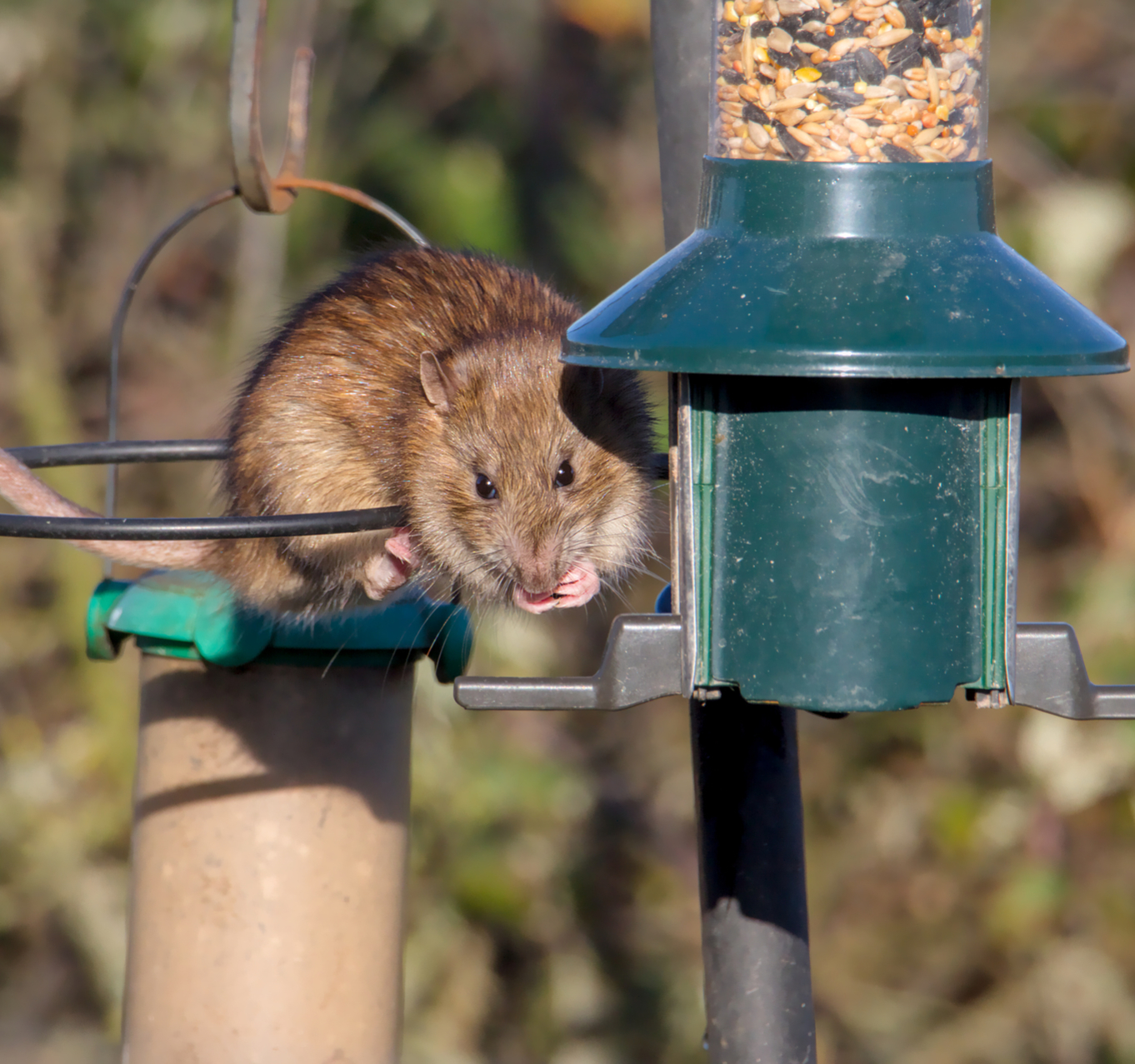
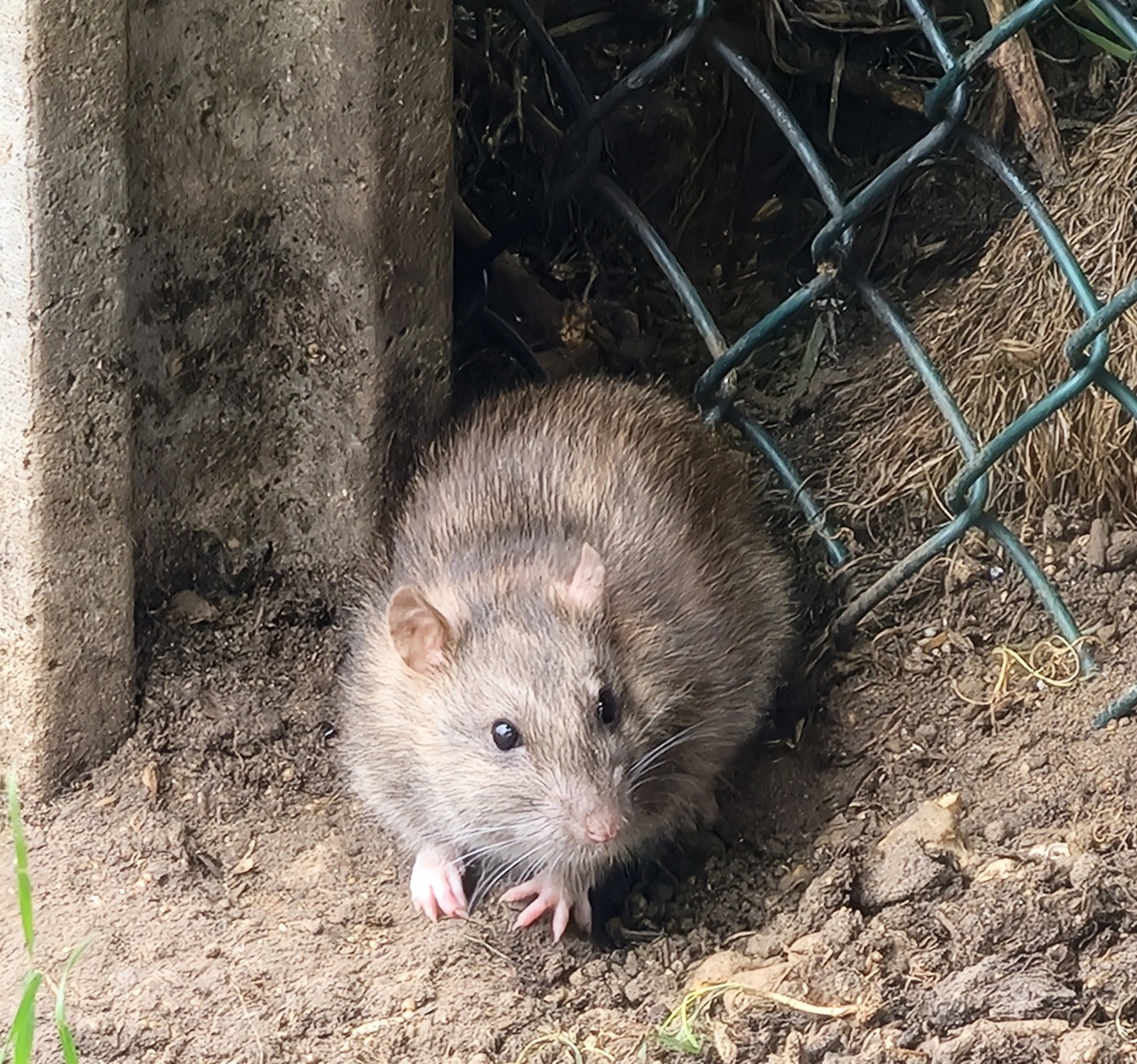
Traps versus poison
The first question is “What is it”? You’ve been kept awake by some mysterious scratching sounds from the loft late at night and so you turn to pest control, however there are times when you investigate a rodent problem and you don’t know what animal it is because there’s no droppings or other signs to go on. How would you know what poison to use if you don’t know the species? A professional approach would be to track the animals, learn the identity of the species and through trapping, prove that theory.
Rodenticide is designed to kill the animal within two to three days from eating it and this works extremely well which is why, when phoning around you’ll get offered a treatment that consists of two or three visits spaced over a couple of weeks. You’ll get the answer to your first question, but you won’t get the answer to that all important last question, remember “How are they getting in”?
To answer that you need to understand the route to infestation; an example of this is to take our Number 1 pest - rats. Rats often use the sewers and drains to get inside a building from underneath, they will also be found running around outdoors and so can get through defects like faulty air bricks, and they’re great climbers, so they can make their way, in at roof top level. It’s the same species of rat but it has three separate routes of entry, the job of the pest controller is in fact, NOT to kill the animal, but discover how it gets in and how to put a stop to it.
Pest control which is done correctly, should be about carrying out an in-depth survey of the structure, you’ll notice that I didn’t say property; if the house in question is semi-detached, then its equal odds that the rats inside are finding their way in from the neighbour’s house. Looking at only 50% of the structure is just a waste of time, you need to look at the wider picture and take in all of the physical structure of the building, you’d be surprised at how many times that I discover my customers property is not the entrance point but next doors is.
Once you’ve completed the survey, then and only then do you have an understanding of what may be happening and why the rodents are inside, trapping allows you to confirm you’re suspicions and to work out what remedial action will need to be taken to end the problem for good.
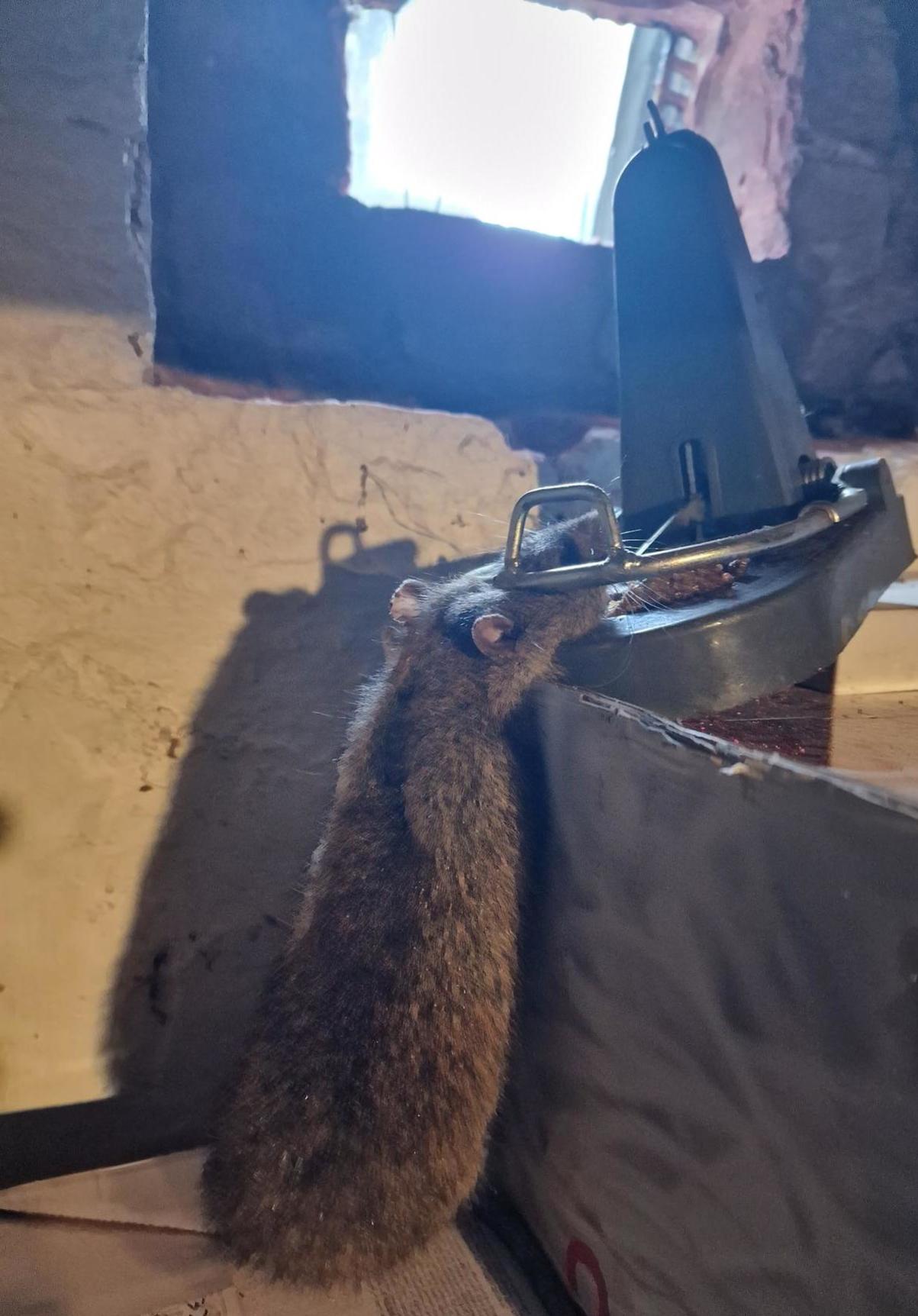
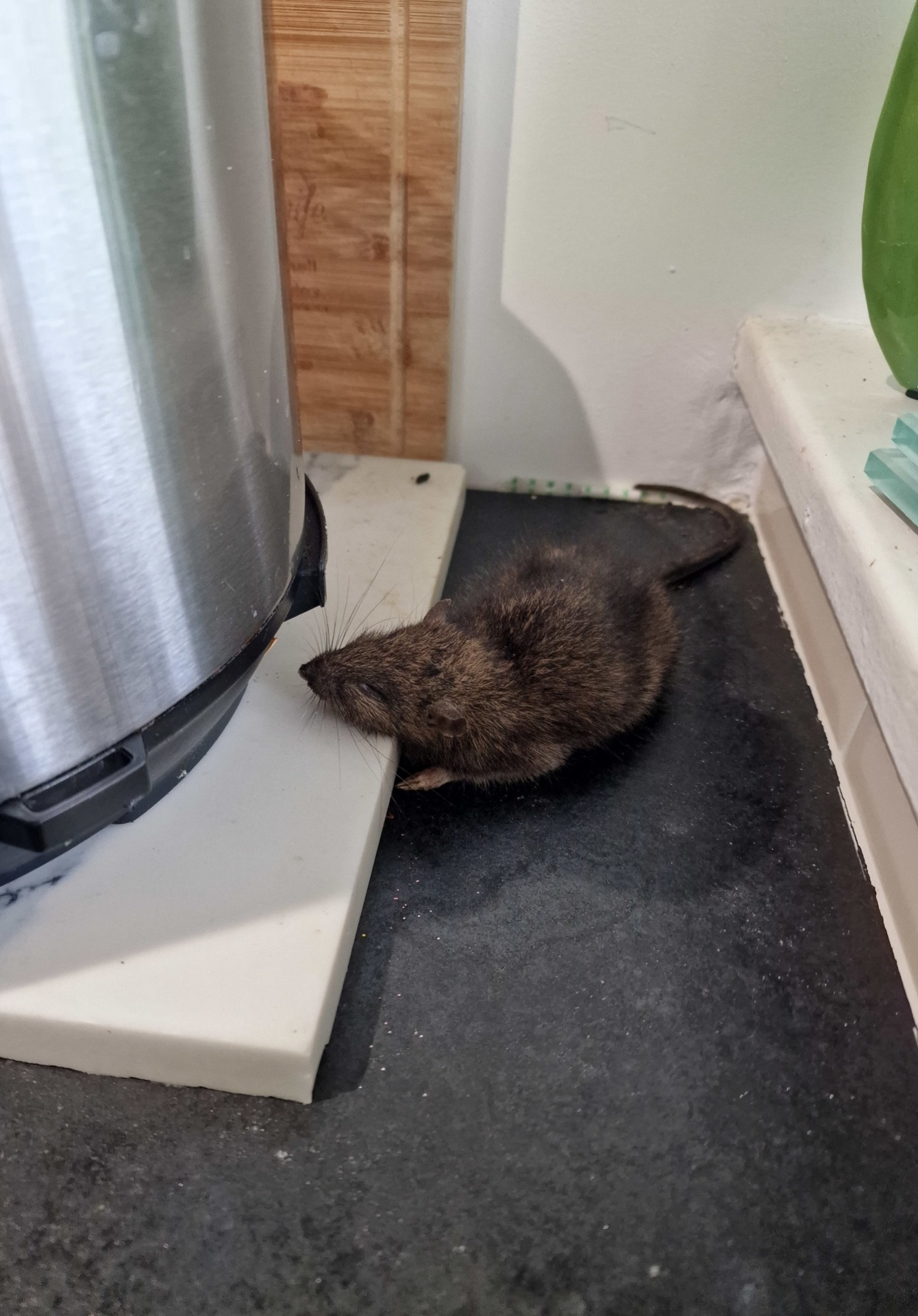
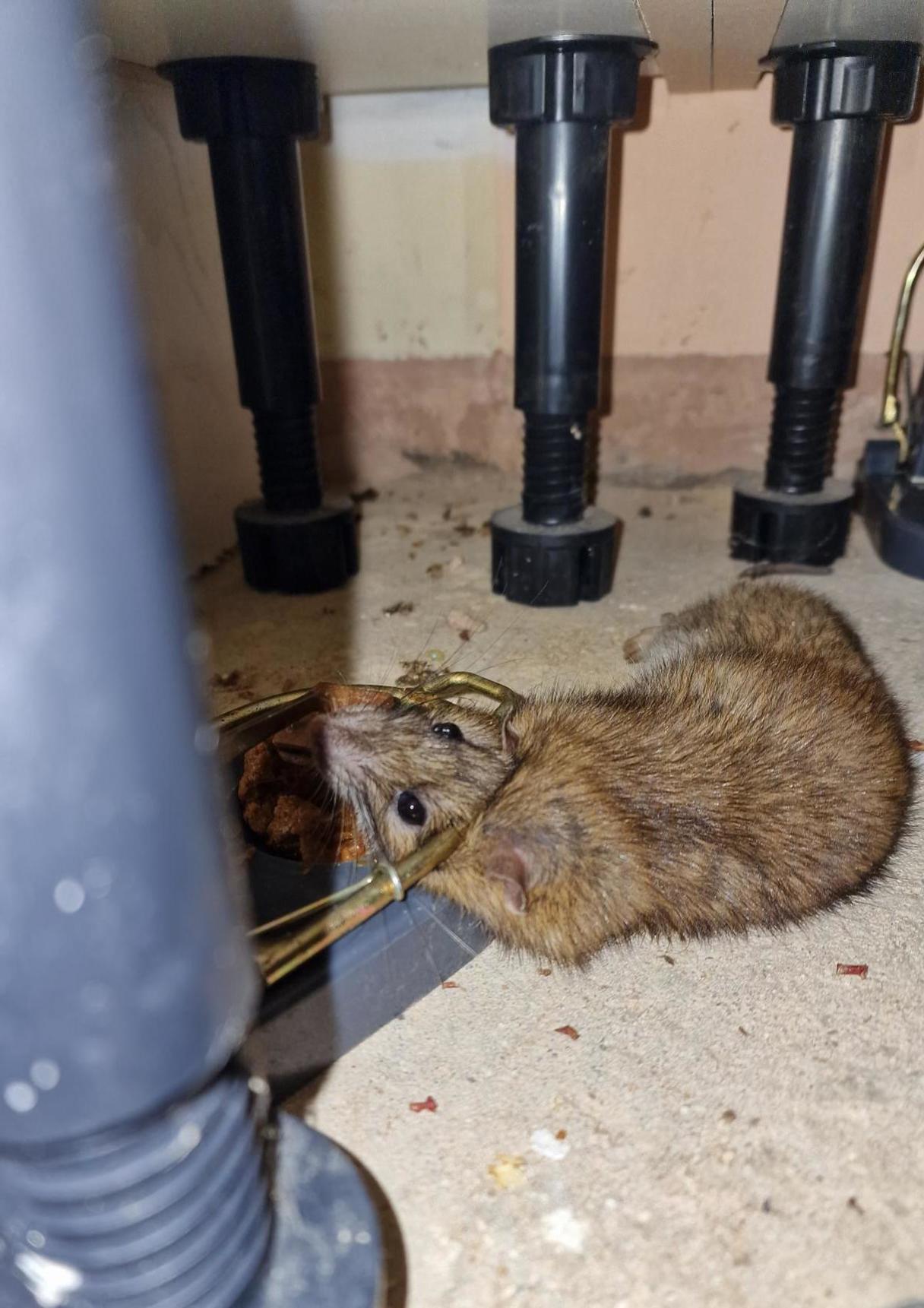
Myth busting
“Rodenticide makes the animals thirsty, and they die outside near a source of water”
Untrue, yes rodenticide causes dehydration but this ‘place of death’ idea is pure fiction, rodenticide is not poison, its an anticoagulant which means that the animals blood becomes thinner until pressure from the heart pushes it through the fine walls of the capillaries out into the animals tissue. If you think about it logically, the animal will feel unwell, become cold and ache, what do you do when you feel like this? You head off to bed and, in this case, if their bed is inside your loft, that’s probably where they’re going to die.
“I’ve put plenty of rodenticide down for you so it’ll last you for years”
Wow, there’s so much wrong with this attitude and this is a true statement made by a local guy to his customer, firstly, rodenticide kills anything with a liver, so that’s you and me included along with the rats or mice. You don’t want left over rodenticide sitting around inside your home where you and your children live. Plus, why? Pest control should be about establishing an element of control, if they’ve done the job properly then there is no need for a load of rodenticide to be left lying around. The Americans call themselves exterminators, we call ourselves controllers and for me, it’s the control part that shouts out the difference between us.
Effective pest control - get it done right and get it done once
Of course, rodenticide has its place in professional pest control but not if it’s the first and only means of dealing with any pests, to be successful in dealing with an infestation, traps far outweigh the use of rodenticide in bringing about a long term solution to a rat or mouse problem. The holy trinity of pest control is tracking, trapping and proofing. The idea is to find out where the animals are getting in, get rid of them if you can by physically removing them and then once they’ve gone seal up the entrance so that they can never get back in.
If you are using a pest controller who doesn’t do that, if you’re using a pest controller who relies on rodenticide and comes out with the usual myths then in all honesty, you’re wasting your time and they’re just wasting your money.
At the end of a treatment ask yourself “Whats to stop them from coming back”? if you don’t have an answer to that question, then don’t phone that company back next time you hear noises in the loft, you’re just going around in circles and wasting both time and money.

Tagged as: Rats
Share this post:





